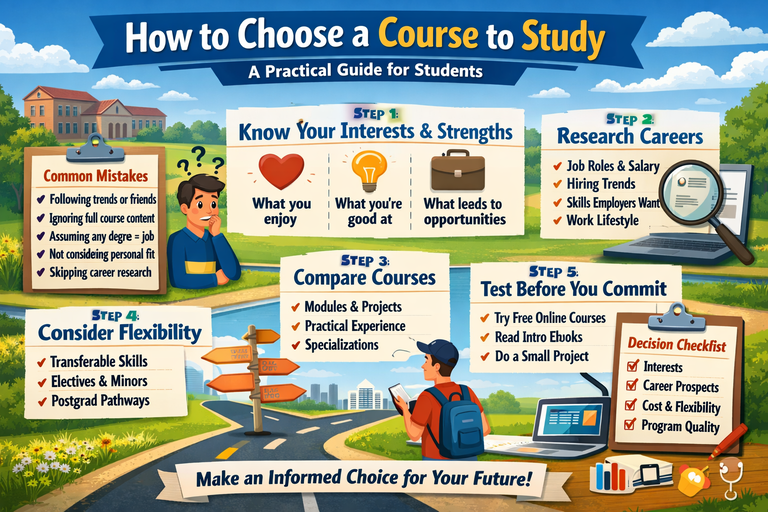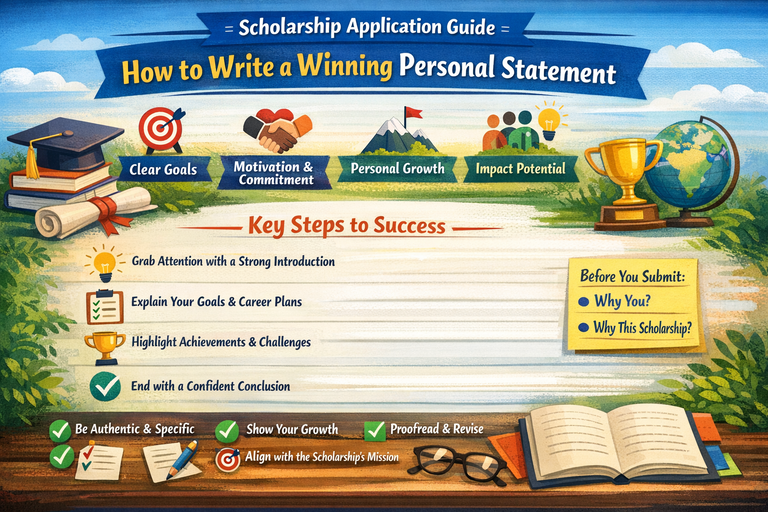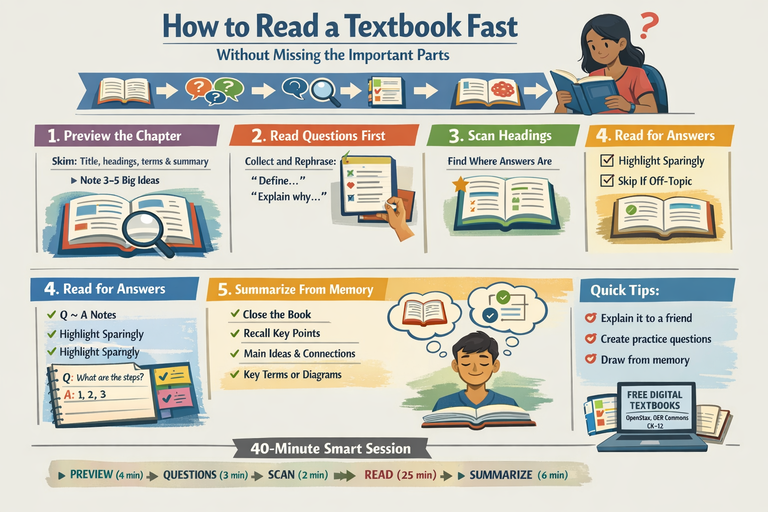From Page to Screen: Books That Made Better Movies
It’s a common refrain among book lovers: “The book was better.” And in most cases, that holds true. Books offer depth, internal monologues, and intricate details that often don’t translate well to the big screen. However, every now and then, a movie adaptation doesn’t just match its source material—it exceeds it. Whether due to visual storytelling, powerful performances, or a tighter narrative, some films enhance the core of the story in a way the book never quite managed.
At Junkybooks, we’ve compiled a list of notable cases where Hollywood took a good—or even mediocre—book and turned it into something unforgettable. These are the rare and surprising moments where the screen outshone the page.
1. The Godfather – Mario Puzo
Mario Puzo’s The Godfather was a popular crime novel when it was first released, but it was Francis Ford Coppola’s 1972 film adaptation that turned it into a cultural phenomenon. The book delves into backstories and characters that were trimmed or tightened for the film, which turned out to be a blessing. With unforgettable performances from Marlon Brando and Al Pacino, haunting cinematography, and a refined narrative, the film gave the story weight and gravitas that the book only hinted at. It’s now regarded as one of the greatest films ever made.
2. Fight Club – Chuck Palahniuk
Chuck Palahniuk’s Fight Club is dark, experimental, and provocative. The book has its fans, but the 1999 film directed by David Fincher took its core themes of identity, masculinity, and consumerism and exploded them into a cinematic experience. Brad Pitt and Edward Norton gave the narrative a visceral quality, and the movie’s twist ending arguably landed with more impact than in the novel. Fincher’s sleek direction and gritty tone elevated the source material to cult classic status.
3. The Devil Wears Prada – Lauren Weisberger
Lauren Weisberger’s The Devil Wears Prada was a hit novel loosely inspired by her time as Anna Wintour’s assistant at Vogue. But it was the 2006 film that truly cemented the story in pop culture. Meryl Streep’s portrayal of Miranda Priestly added layers of nuance and humanity to what was a fairly one-dimensional character in the book. The film gave Andy Sachs (Anne Hathaway) more agency, emotional depth, and a more empowering arc. The dazzling costume design and snappy screenplay made it a standout rom-com-drama hybrid that surpassed the original.
4. Forrest Gump – Winston Groom
Winston Groom’s Forrest Gump was quirky, humorous, and often absurd—but not particularly moving. The 1994 film adaptation directed by Robert Zemeckis, however, turned it into an emotional epic. Tom Hanks’s performance as the titular character infused the story with heart and sincerity, and the visual storytelling brought historical events to life in creative ways. The film’s soundtrack, cinematography, and emotional narrative arc transformed an offbeat novel into an Oscar-winning masterpiece.
5. Jaws – Peter Benchley
Peter Benchley’s Jaws was a bestseller, but its movie adaptation by Steven Spielberg redefined the thriller genre. While the book included clunky subplots (including a forgettable love affair), the movie streamlined the narrative into a taut, suspenseful masterpiece. The animatronic shark, John Williams’ iconic score, and the gradual build of terror made Jaws the first summer blockbuster—and arguably better than the source material in every way.
6. The Princess Bride – William Goldman
This is a unique case because William Goldman also wrote the screenplay for the film. The novel is clever and playful, but can be a bit confusing due to its “story within a story” format. The 1987 film adaptation directed by Rob Reiner distilled the essence of the book—humor, romance, adventure, and satire—into a clean, enjoyable narrative that became a cult favorite. With memorable characters like Inigo Montoya and witty dialogue that stands the test of time, many viewers have never even realized it was based on a book.
7. No Country for Old Men – Cormac McCarthy
Cormac McCarthy’s No Country for Old Men is stark and philosophical, but the Coen brothers’ 2007 adaptation brought an eerie visual precision to its bleak tale of violence and morality. Javier Bardem’s chilling performance as Anton Chigurh turned him into one of cinema’s most terrifying villains. The film managed to capture McCarthy’s thematic weight while also sharpening the pacing and tension. It won four Academy Awards and is often considered a textbook example of how to adapt serious literature to the screen.
8. The Notebook – Nicholas Sparks
Nicholas Sparks’ The Notebook was already a bestselling romance novel, but the 2004 film adaptation directed by Nick Cassavetes added an emotional richness that resonated with audiences globally. Ryan Gosling and Rachel McAdams brought undeniable chemistry, and the film’s dual timeline structure enhanced the emotional payoff. While the book has its charms, the movie became a cultural touchstone for romantic dramas—and made “If you’re a bird, I’m a bird” an iconic quote.
9. The Bourne Identity – Robert Ludlum
Robert Ludlum’s The Bourne Identity series is dense, political, and complex. While it laid the groundwork for Jason Bourne’s character, the film series starring Matt Damon transformed the material into a high-octane, character-driven thriller franchise. The sleek action, modern espionage themes, and kinetic direction elevated the material for modern audiences. The movies jettisoned much of the Cold War-era plotting and reinvented Bourne for a new generation.
10. Stardust – Neil Gaiman
Neil Gaiman’s Stardust is a whimsical fantasy novel with a slower pace and darker tone. The 2007 film adaptation took creative liberties—injecting more humor, adventure, and romance—but it paid off. With charming performances, magical visuals, and a sweeping score, the film became more accessible and emotionally engaging. Even Gaiman himself acknowledged that the film stood strongly on its own, and some fans prefer the cinematic version over the book.
Why Do Some Movies Improve Upon the Book?
There are several reasons why certain movies manage to surpass the books they’re based on:
-
Tighter narratives: Films must condense stories into a limited runtime, often eliminating filler and focusing on the strongest plot points.
-
Powerful performances: A great actor can bring nuance and emotional weight to a character in a way that words on a page sometimes cannot.
-
Visual storytelling: Films can create mood, tension, and spectacle through cinematography, music, and editing.
-
Refined pacing: Some books meander, while movies often have better pacing due to runtime constraints.
-
Creative vision: A talented director or screenwriter can reinterpret a story in ways that elevate its themes or emotional resonance.
When the Medium Suits the Story
Sometimes, a story simply works better visually. Certain concepts—like a terrifying shark, a dystopian future, or the thrill of a chase—are more impactful when seen and heard rather than imagined. When a filmmaker understands the heart of a story and reimagines it with care, the result can be greater than the sum of its parts.
Final Thoughts: It’s Not a Competition
At Junkybooks, we believe both books and films offer unique and valuable experiences. Comparing them isn’t always fair—they’re different art forms with different strengths. However, it’s fascinating to explore those rare cases where a movie doesn’t just adapt a book, but transforms it into something even more compelling.
If you’re a book lover who’s been burned by poor adaptations, don’t lose hope. Great storytelling can transcend the page or the screen—and sometimes, a story finds its fullest expression in the cinema.
So whether you’re revisiting an old favorite or discovering a story for the first time, keep an open mind. Sometimes, the movie really is better.









